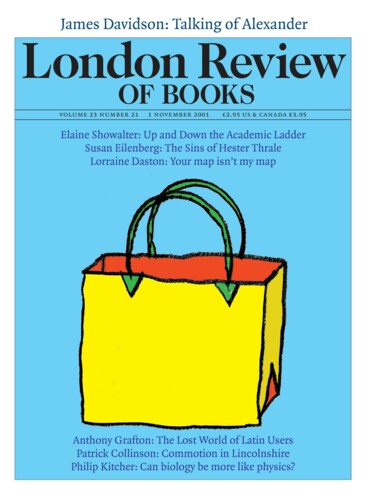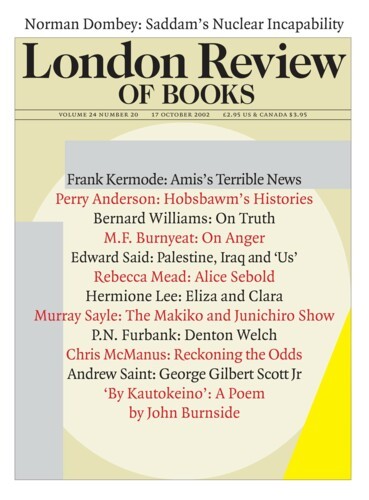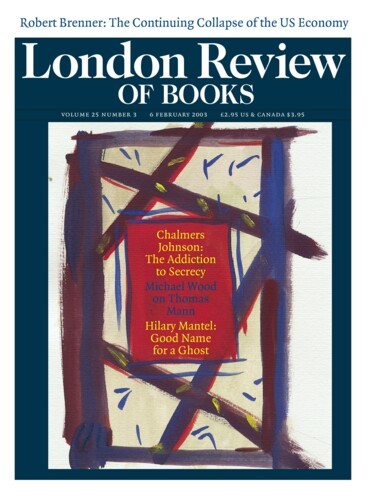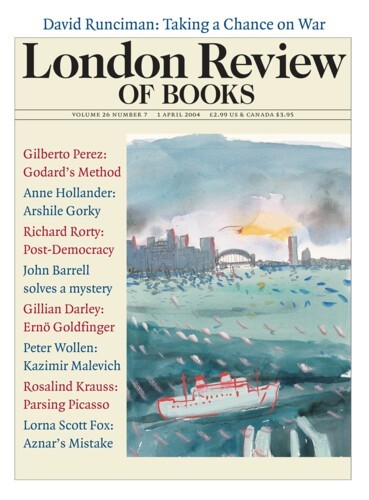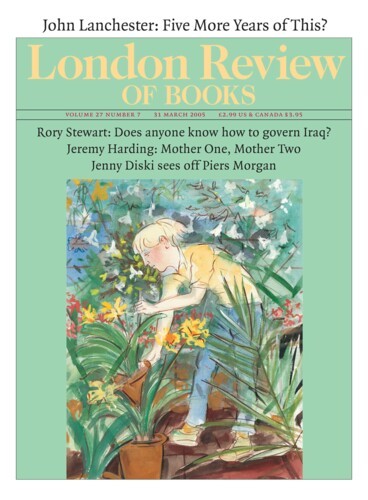Successive Applications of Sticking-Plaster: the urban history of Britain
Andrew Saint, 1 November 2001
Do the authors of this volume of the Cambridge Urban History know how gloomy a book they have written? Pessimism suffuses these pages from start almost to finish. ‘Why have so many of Britain’s great cities fared so badly in the 20th century?’ Peter Clark, the general editor of the series, asks in his preface. Turn the page, and Martin Daunton’s introduction descends...
